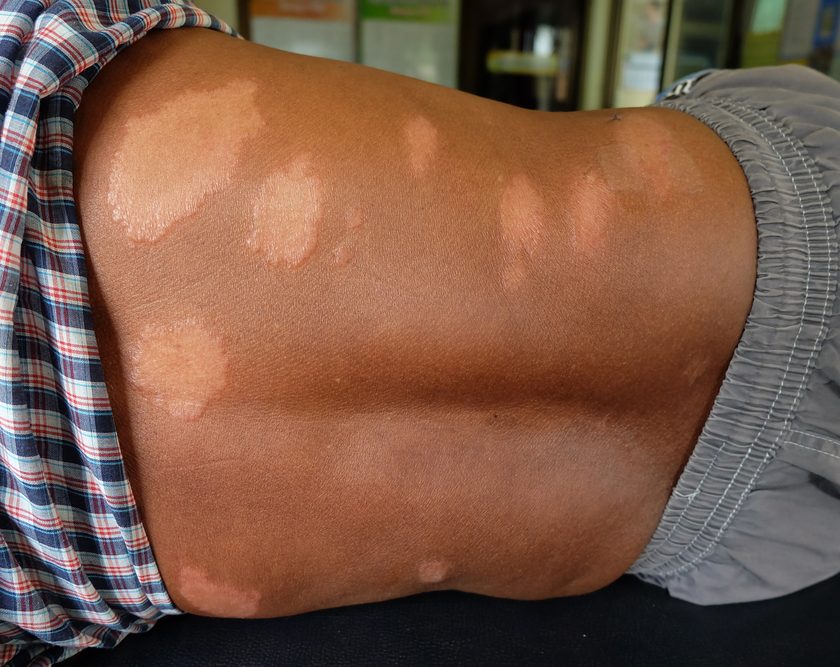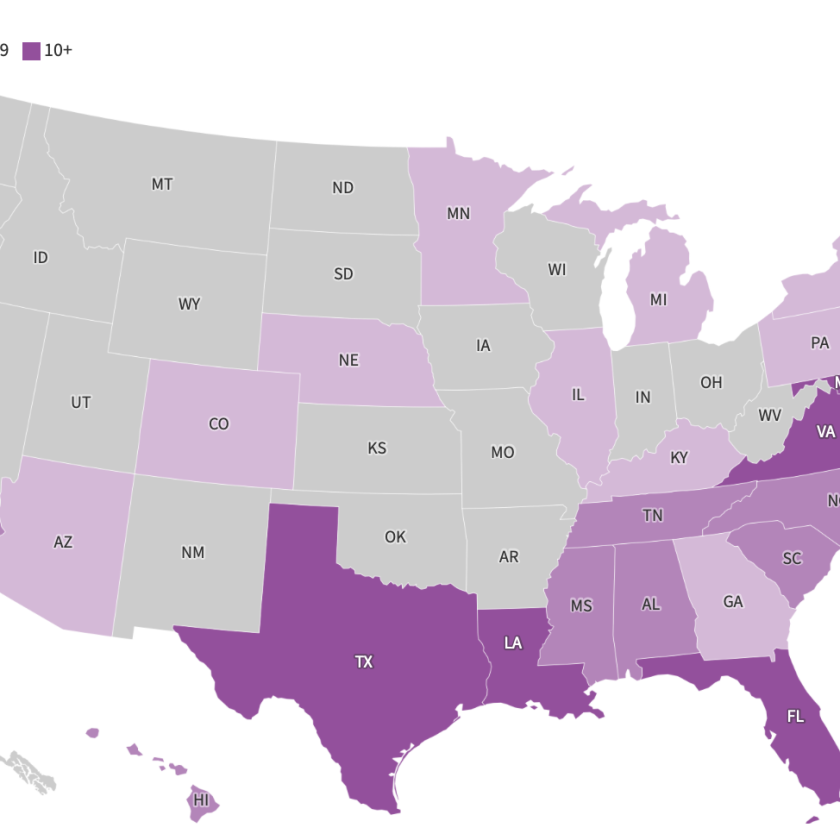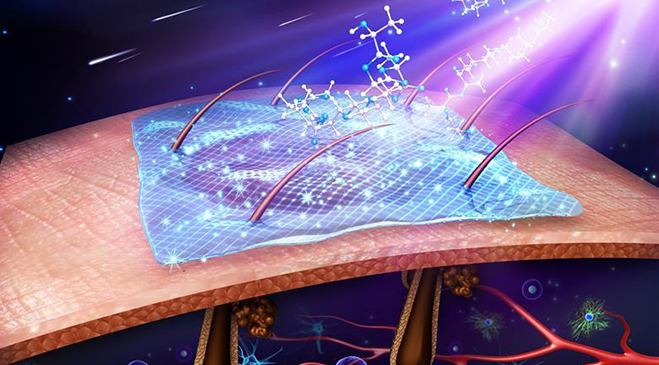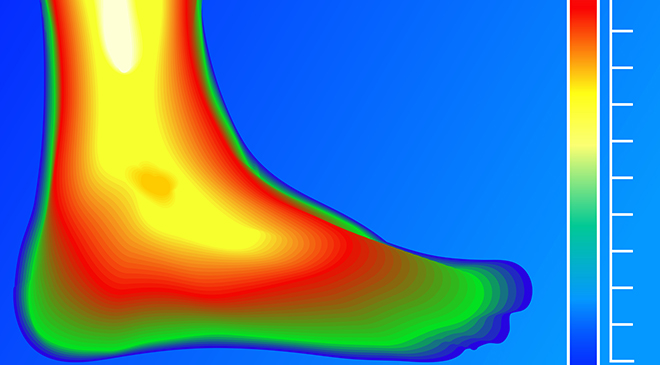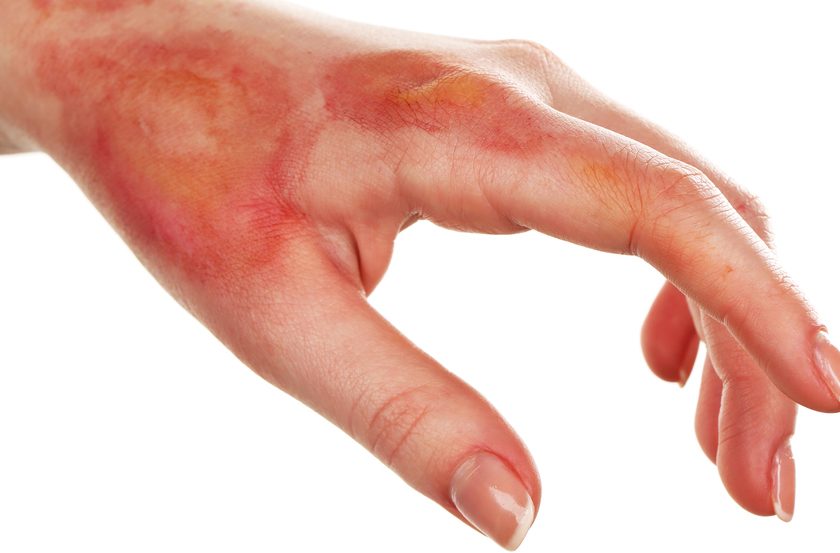Donna Sardina, RN, MHA, WCC, CWCMS, DWC, OMS
Have you ever faced responsibility for a patient-care situation you learned about in school but had yet to encounter in the real world? With so many different health conditions and constant advancements in medical care, it’s not surprising that this happens frequently to many clinicians.
The first and easiest way for most of us to handle this situation is to ask our coworkers what to do. While this isn’t necessarily a bad thing, we as clinicians should reach a little further and get corroboration of what coworkers tell us. What we learn on the job may sound—and even seem—credible but it also needs validity so it can stand up in a legal situation. Recently, I was teaching a class to clinicians on ostomy care when one student shrieked, “Our entire hospital system has been doing this wrong for years.”
You’ve probably heard the old saying, “Just because everyone is doing it doesn’t make it right.” As clinicians, our responsibility to ourselves and, more importantly, to our patients requires us to double-check and even triple-check our actions for appropriateness and accuracy.
Various resources are available for researching appropriate healthcare interventions, including medical reference books, policy and procedure manuals, and the Internet. When using the Internet to research clinical topics, stick to scientific websites, such as those that post standard-of-care guidelines, nursing or medical journals, wound care journals, and government medical websites: the Agency for Healthcare Research and Quality, Clinician Resources, American Nurse Today, and the CDC. Don’t use, for instance, someone’s blog; doing that could get you right back to learning the wrong thing from a coworker.
To take your knowledge search to the next level, attend educational seminars, participate in webinars, or even attend certification courses. These extra steps may sound labor-intensive and time-consuming—but what if you or a family member were the one receiving the care? I encourage and challenge other clinicians to take it further and not blindly accept clinical education that comes from the school of “This is how we’ve always done it.”
Donna Sardina, RN, MHA, WCC, CWCMS, DWC, OMS
Editor-in-Chief
Wound Care Advisor
Cofounder, Wound Care Education Institute
Plainfield, Illinois
DISCLAIMER: All clinical recommendations are intended to assist with determining the appropriate wound therapy for the patient. Responsibility for final decisions and actions related to care of specific patients shall remain the obligation of the institution, its staff, and the patients’ attending physicians. Nothing in this information shall be deemed to constitute the providing of medical care or the diagnosis of any medical condition. Individuals should contact their healthcare providers for medical-related information.

